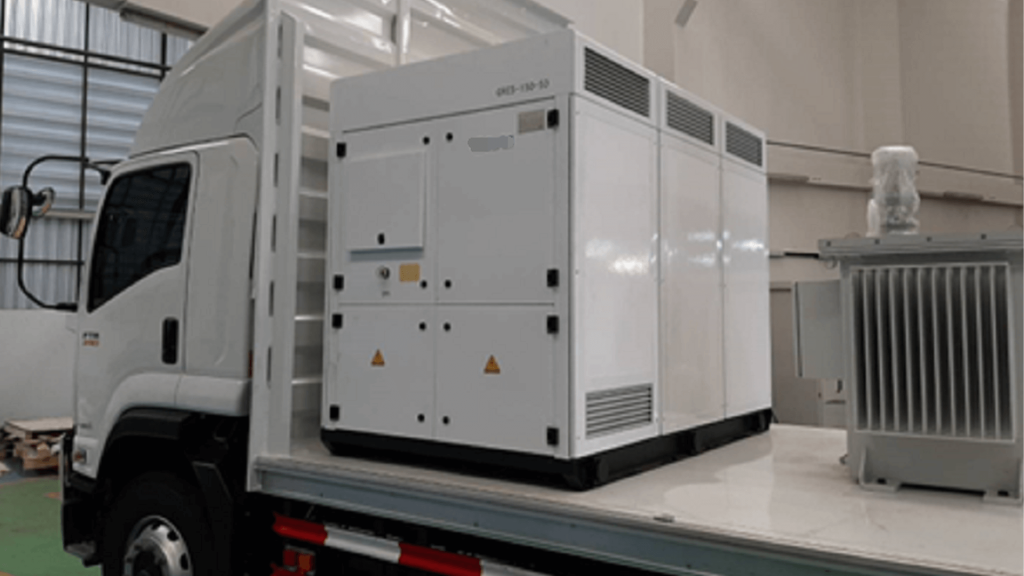As the demand for renewable energy continues to grow, more homeowners and businesses are turning to solar energy as a clean and sustainable power source. To maximize the benefits of solar power, many are opting to install Energy Storage Systems (ESS) to store excess energy for later use. However, before diving into the world of solar ESS installation, it’s crucial to consider several important factors to ensure a smooth and efficient transition. In this blog, we will explore key considerations to keep in mind when contemplating the installation of a solar ESS.
- Energy Usage and Goals:Before installing a solar ESS, it’s essential to evaluate your current energy usage and set realistic goals for your system. Assess your average energy consumption, peak usage hours, and specific energy needs. Determine if you want to achieve complete energy independence or simply reduce reliance on the grid. Understanding your energy requirements will help you choose the appropriate size and capacity for your ESS.
- Financial Feasibility:Solar ESS installations require an upfront investment, so it’s important to evaluate the financial feasibility of the project. Consider the cost of the system, including equipment, installation, permits, and maintenance. Research available incentives, tax credits, and financing options that can help offset the initial expenses. Additionally, calculate the potential long-term savings on your electricity bills to determine the return on investment (ROI) of the solar ESS.
- System Sizing and Compatibility:Proper system sizing is crucial for optimal performance and efficiency. Assess your electricity demand and evaluate the capacity required for your ESS. Consider factors such as the average daily energy production of your solar panels, peak demand periods, and potential future expansions. Ensure that the selected ESS is compatible with your existing solar photovoltaic (PV) system, inverter, and other components to ensure seamless integration.
- Battery Technology and Lifespan:The type and quality of batteries used in an ESS significantly impact its performance and longevity. Different battery technologies, such as lithium-ion, lead-acid, or flow batteries, have varying characteristics in terms of energy density, lifespan, efficiency, and cost. Research and compare different battery options to find the one that aligns with your energy needs, budget, and expected lifespan. Consider factors such as warranty coverage, depth of discharge, and cycle life to make an informed decision.
- Maintenance and Safety:Solar ESS installations require regular maintenance to ensure optimal performance and safety. Consider the maintenance requirements of the chosen ESS, including battery inspections, cleaning, firmware updates, and potential replacement of components. Familiarize yourself with safety protocols and precautions related to the ESS and ensure compliance with local regulations and codes.

Installing a solar ESS can be a significant step towards achieving energy independence and reducing your carbon footprint. By carefully considering factors such as energy usage, financial feasibility, system sizing, battery technology, and maintenance requirements, you can make an informed decision that aligns with your energy goals and budget. Remember to consult with experienced professionals and seek multiple quotes to ensure you choose the right solar ESS solution for your specific needs. With careful planning and research, you can maximize the benefits of solar energy and enjoy a more sustainable and efficient power system for years to come.
